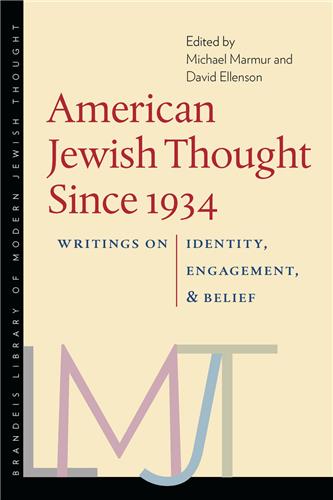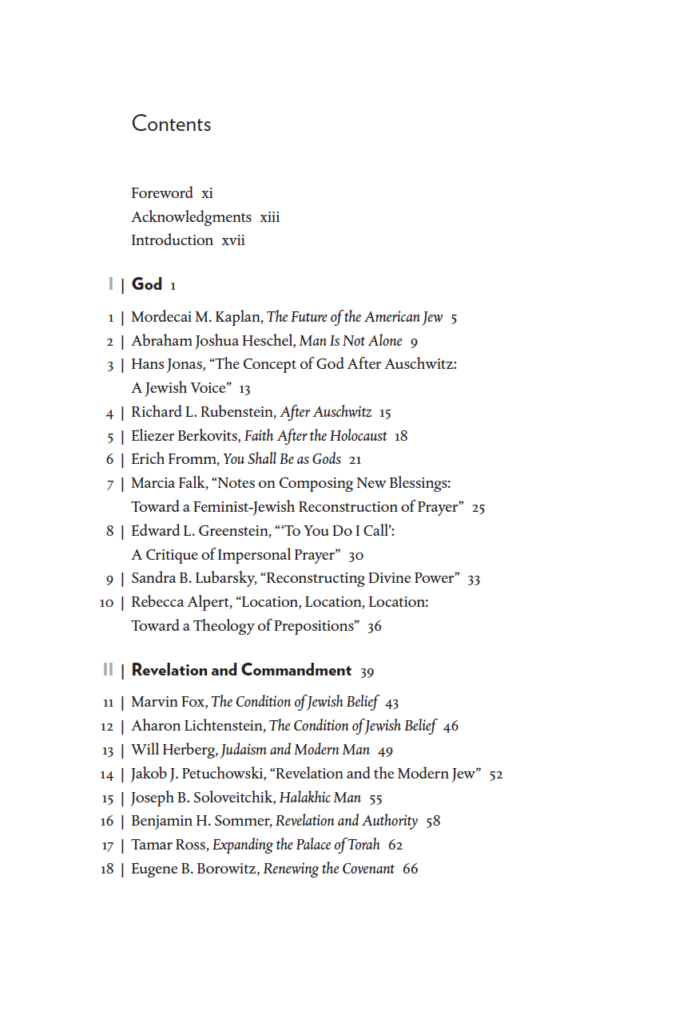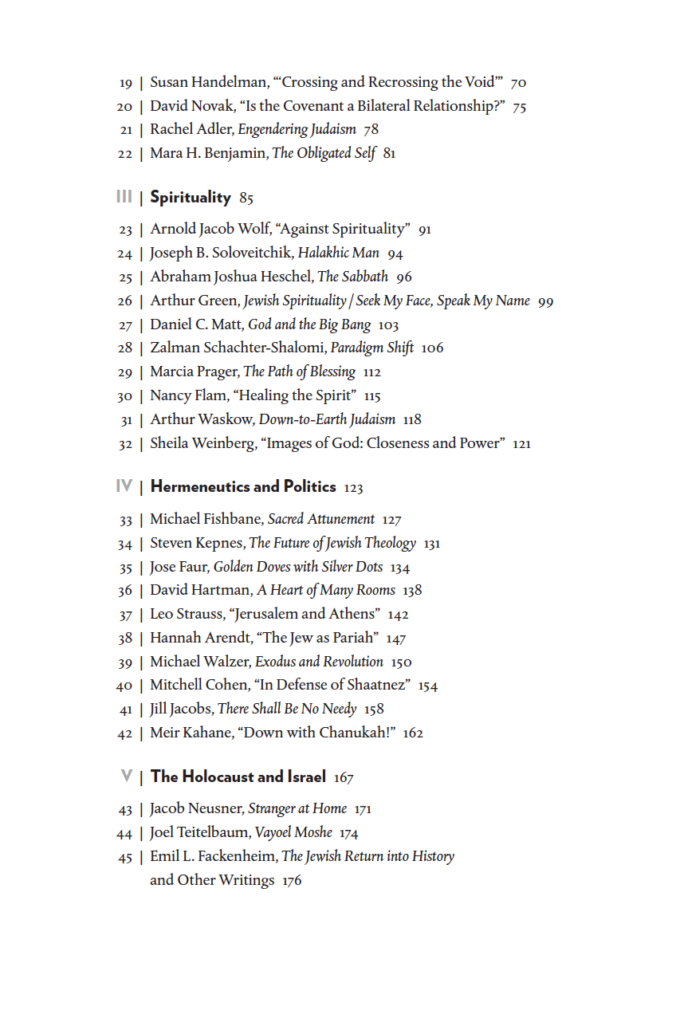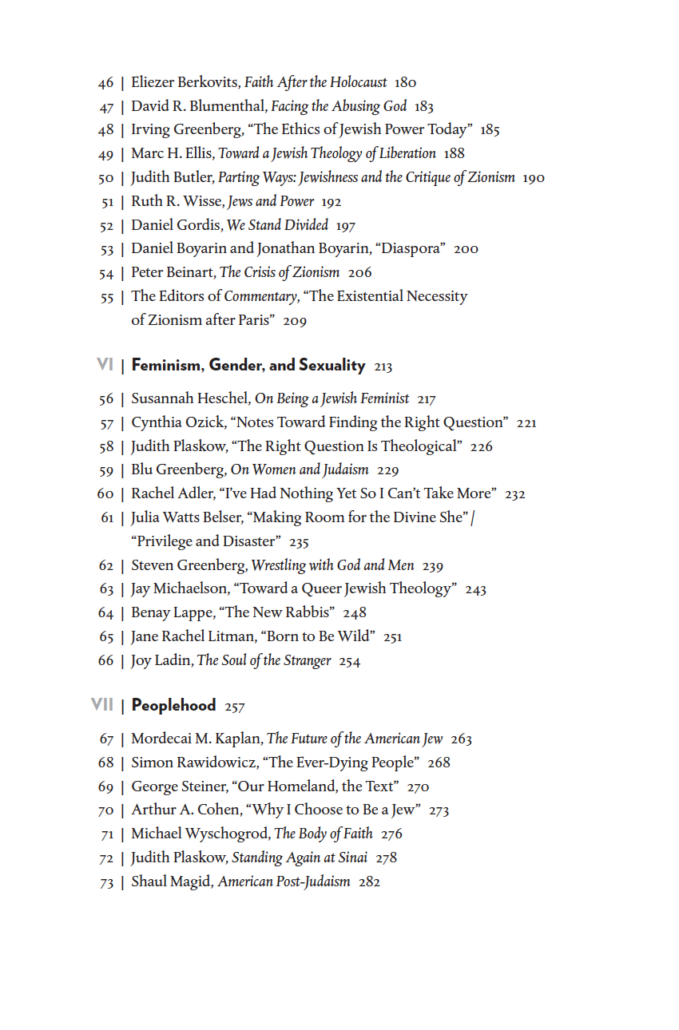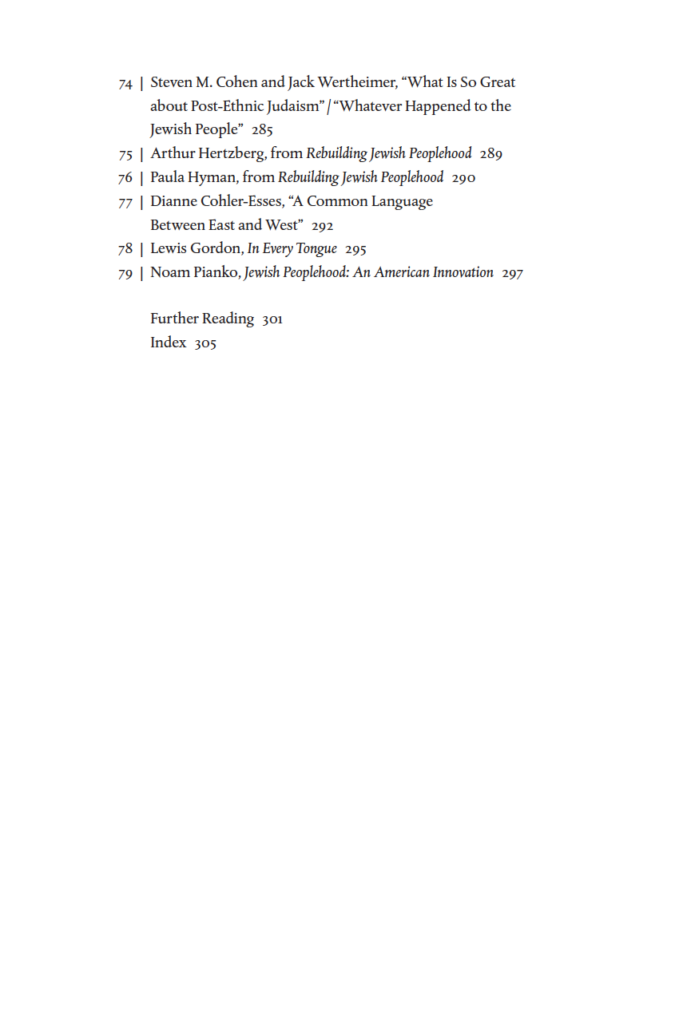An exciting kaleidoscopic book about the Jewish experience in America—beginning with the optimism, rationalism, and naturalism of Reconstructionism, and ending today with the conflicted debates about Israel, the Holocaust, gender, and the possibility of creating a vital American Jewish identity for tomorrow.

